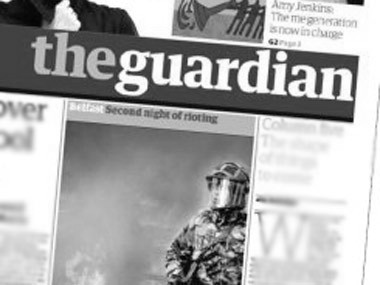
Referring to the Nagorno-Karabakh conflict, The Guardian writes:
թ§Չ-ժWould the Azerbaijani president, Ilham Aliyev, go to war for Karabakh? It is a big question. The defence minister, Safar Abiyev, spoke in February of the growing likelihood of a “great war” with Armenia.թ§Չ-Թ
Though, according to The Guardian, due to its energy resources, Azerbaijan has a lot to lose if it does so.
թ§Չ-ժThe military build-up and aggressive rhetoric is a pressure tactic of presenting a credible threat, if Armenia does not move. It is effective in projecting a fear that the war, fresh in the memory, can restart, but ineffective in forcing a will for concessions. The public attitude is that because so much has been sacrificed to gain these lands, giving them back would be a betrayal of the memory of heroes who died for them,թ§Չ-Թ The Guardian writes.
Focusing on Russiaթ§Չ-Չ§s role in the Nagorno-Karabakh dispute, ` The Guardian says there is a fashionable belief that Moscow holds the key to a Karabakh settlement, but a scenario in which Vladimir Putin calls the Armenian president, Serzh Sargsyan, and orders him to withdraw from Karabakh seems truly fantastic.
թ§Չ-ժIn the current stalemate, Russia cannot do more than the US and France, the other Minsk group co-chairs,թ§Չ-Թ the paper says recalling that Armenia is a member of the Collective Security Treaty Organisation, which, like Nato, operates on the collective defence principle: an attack against one member is regarded as an attack on all members.
According to the paper, there are few signs that a political culture of compromise is emerging, since voices of the Azerbaijani intelligentsia standing against the war are unpopular, as peacebuilding is equated in public wisdom with surrendering Karabakh to the Armenians. թ§Չ-ժThose who advocate peace need to see a readiness from the Armenian side to make steps towards compromise,թ§Չ-Թ The Guardian says.


Be the first to comment